Each year, Communications Director Faye Bi attempts to read the requisite 25 books to complete the Sirens Reading Challenge. In 2018, a Reunion year, she’ll be reading books from the past four years’ themes: hauntings, revolutionaries, lovers, and women who work magic. Light spoilers ahead. If you’d like some structure—or company—on your own reading goals, we invite you to read along!
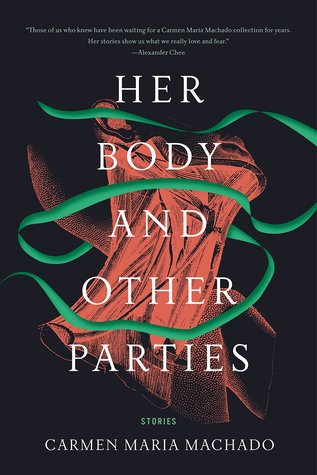
Matilda at age nine. The Protector of the Small series at ages 12–14. Daughter of Smoke and Bone at 22.
These are landmark books for me, books that I found at exactly the right time in my life, that now comprise my reading identity. At each of these moments, they were definitive—formative, even. They represented not just what I liked to read, but what I looked for thereon after. At nine, I wanted witty, plucky heroines who were whip-smart and got revenge on mean people who didn’t understand or care about them. In my early teen years, I wanted strength against bullies, deep friendships and family relationships, and a strong ethical core in my protagonists. When I had just graduated college, I was unsure about pretty much everything—as an ambitious person who didn’t know what the next chapter held, I wanted beauty, magic, and a feeling of wonder, even if it was beyond my control. I still love all these books like I love my limbs.
These days, I have a full-time job, a spouse, and a dog. I have bills to pay, white supremacy to dismantle, and patriarchy to smash. My time is limited; between sharing (and negotiating sharing) household management, working, keeping up with our social calendar, and planning for the future, gone are the days when I could read 100 books a year. So, there are books I no longer pick up if I don’t have to: books by men or unwoke white women, books that are super sad or pretentious, or books that do the same-old, same-old.
Carmen Maria Machado’s short story collection Her Body and Other Parties is brazenly none of those things. The stories are punch-you-in-the-face, unabashedly feminist. Darkly hilarious. Sex-positive. Queer. Smart as hell. More often than not, brutal. Her protagonists are easy for me empathize with and to cheer for. The stories, as I suspect Machado does too as in “The Resident,” know exactly what they are and do not have the time—or patience—to beat around the bush.
Having just turned 30, I consider Her Body and Other Parties a new landmark book.
I could wax poetic about several of the stories, and indeed, I will be presenting a paper at Sirens on “The Husband Stitch,” so I’ll be brief here. I read it, then made my husband read it, and then waited until my (male) friend visiting for cocktails also read it. The symbolism, voice, literary and cultural references, raw emotion, and agony of truth made it one of the best stories I’ve ever read. “Inventory,” a catalog of the narrator’s sexual encounters set against the backdrop of a zombie apocalypse, was so clever and tender I could only bow my head in awe.
Over and over again, Machado addresses the fears, insecurities, and horrors women and queer people often have. In “Motherhood,” a woman’s female ex-lover confronts her with a baby they’ve conceived, possibly out of their imagination. In “Real Women Have Bodies,” Machado creates a world where a pandemic renders no-longer-young-and-beautiful women invisible. (This one hit me like a metaphorical ton of bricks.) “Eight Bites” made me weep; as someone whose friends are starting to have babies, I can see just how fragile and toxic it can be to pass on your own self-loathing to your daughters. In “Difficult at Parties,” a young woman turns to pornography to cope and heal after her sexual assault. The only slight misstep, for me, was “Especially Heinous,” the Law and Order: SVU parody, which was funny after a few pages but went on a bit too long after that.
There’s too much to unpack in the confines of one review—each story deserves its own paper. There could be the running thread of gaslighting, body image, the female realm of domesticity, the influences of fairytale and folklore, or the grand tradition of ghost stories handed down by Shirley Jackson and Angela Carter. For women and queer people, the fears in Her Body and Other Parties are a day-to-day reality, and Machado’s stories give them validity, truth, and wings. Of her collection, Machado said in a previous interview, “I think of it as surreal, liminal horror about being a woman or a queer person in the world.” For men, shut up. Listen. Believe us.
Next month’s book: The Case of the Missing Moonstone by Jordan Stratford, illustrated by Kelly Murphy
Faye Bi is a book-publishing professional based in New York City, and leads the Sirens communications team. She’s yet to read an immigrant story she hasn’t cried over, and is happiest planning nerdy parties, capping off a long run with brunch, and cycling along the East River.




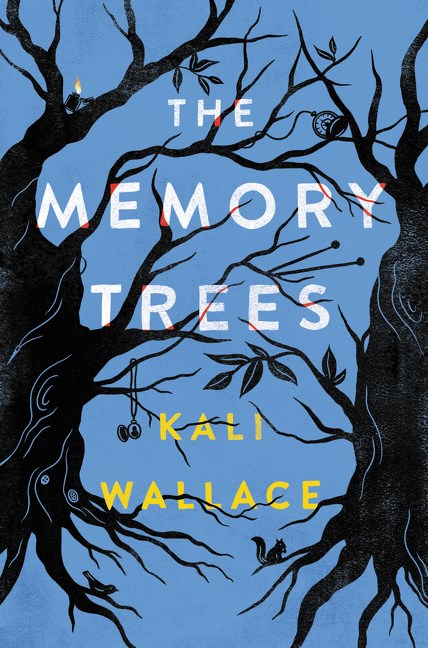
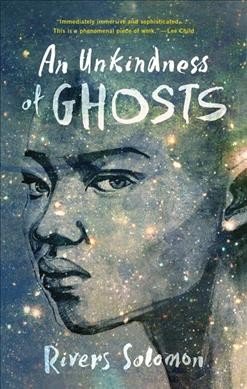
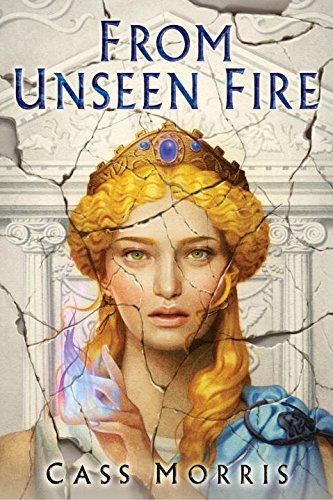
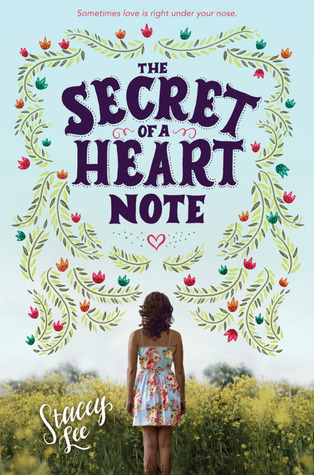
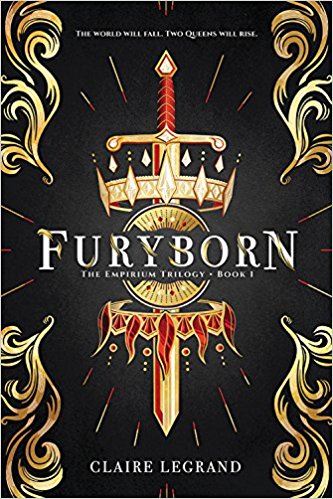

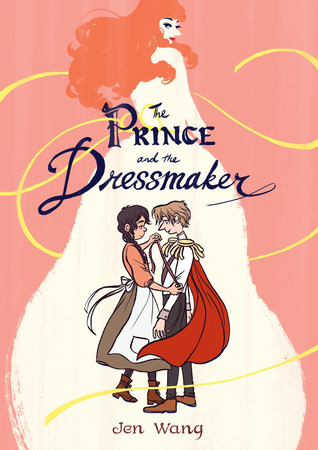
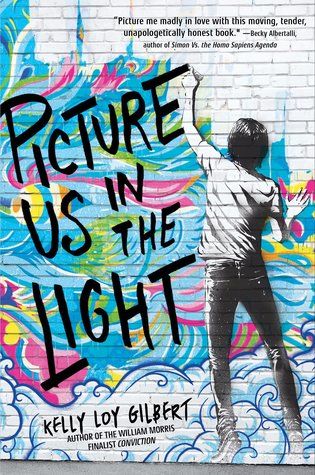
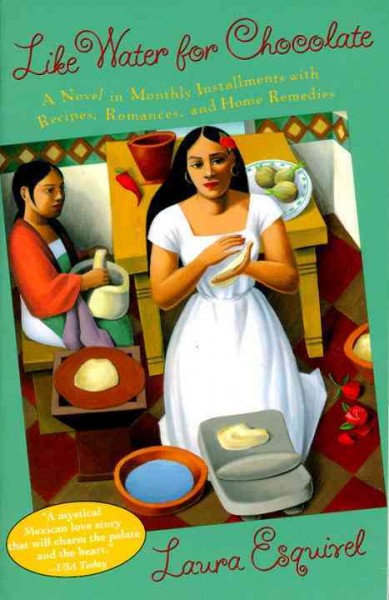
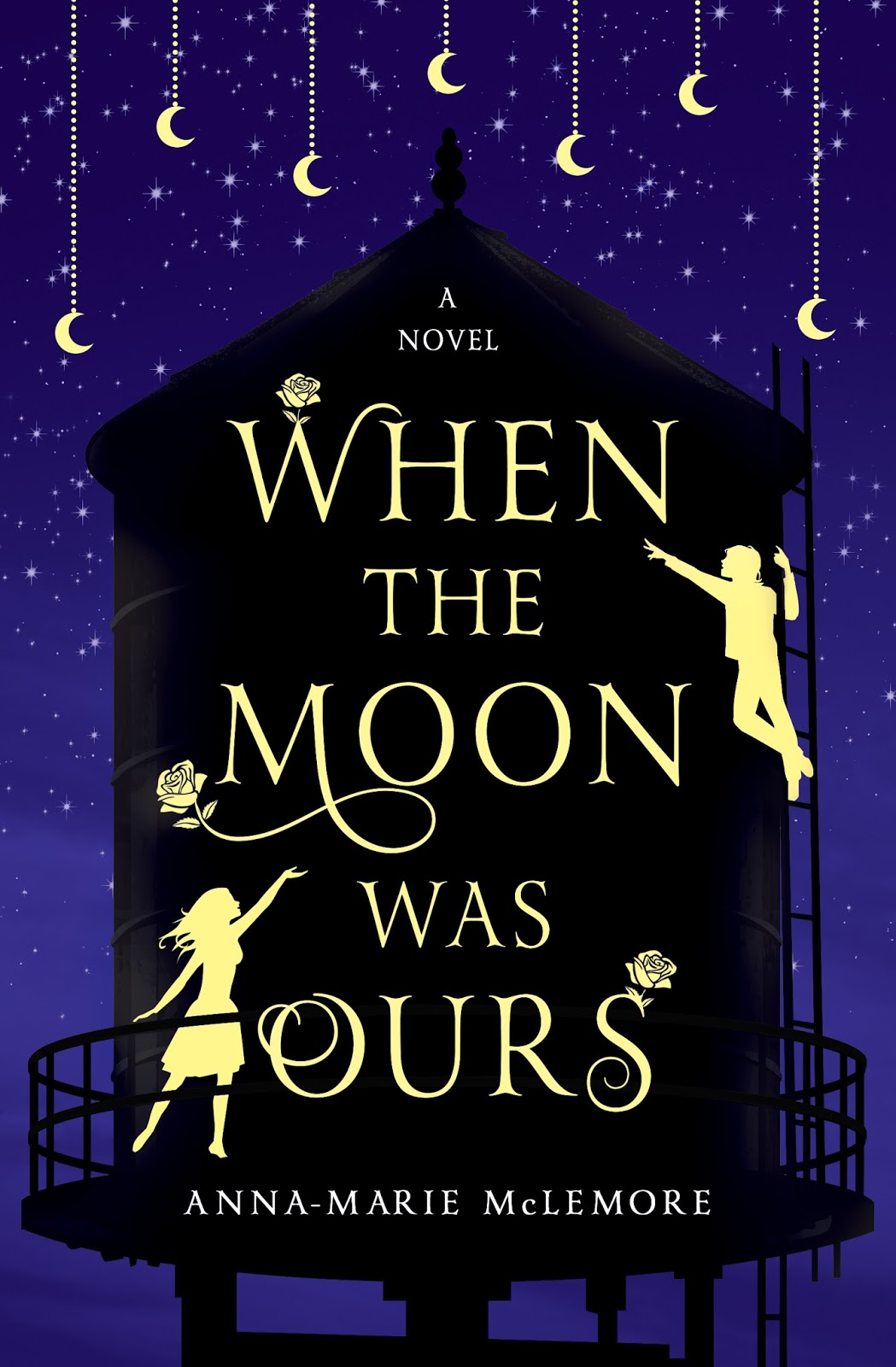




















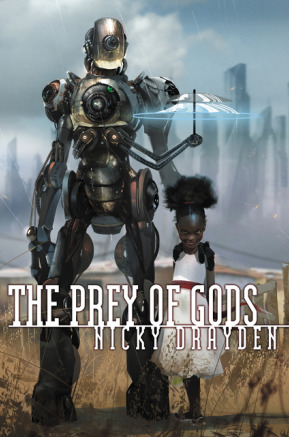






















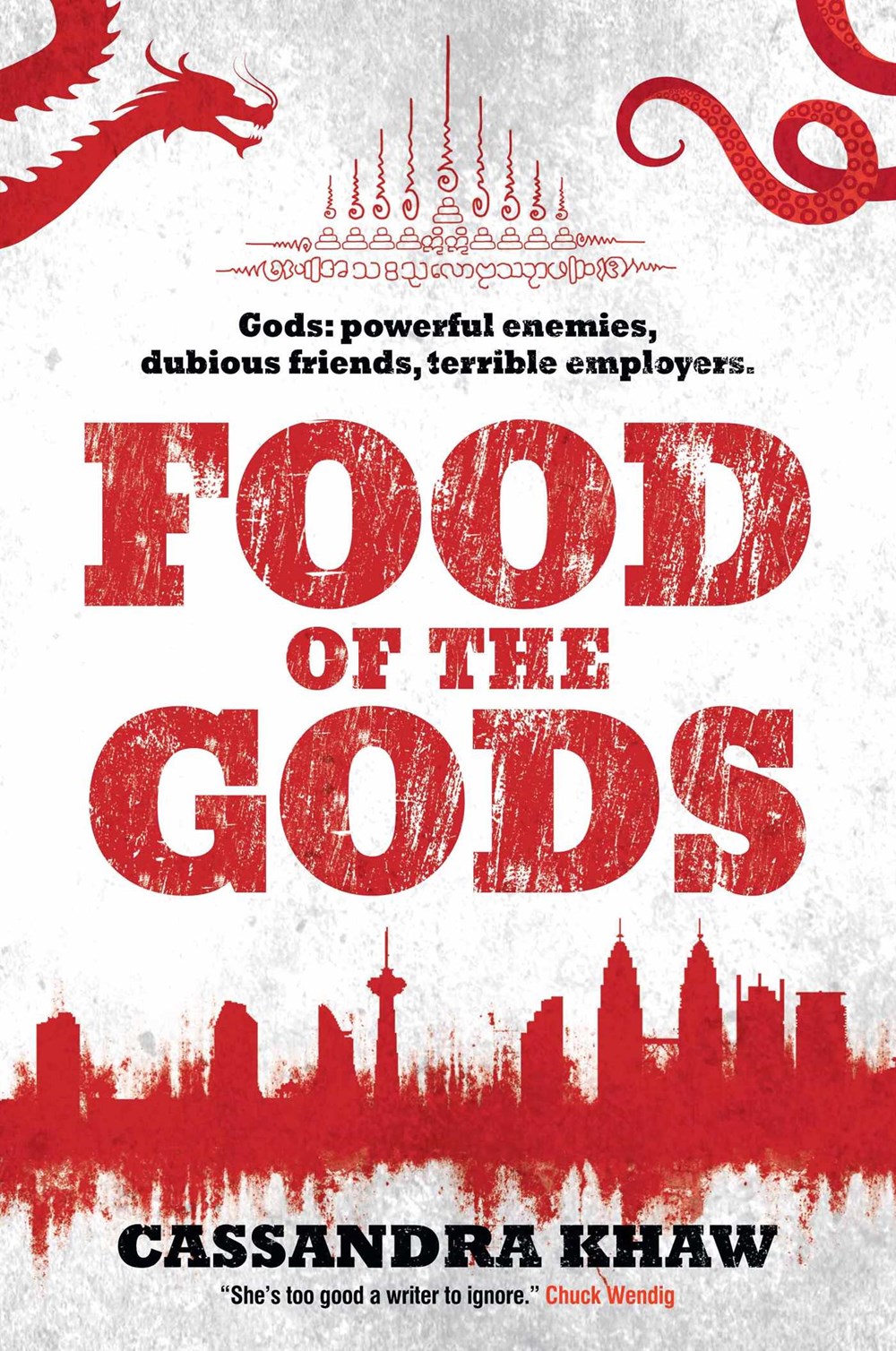
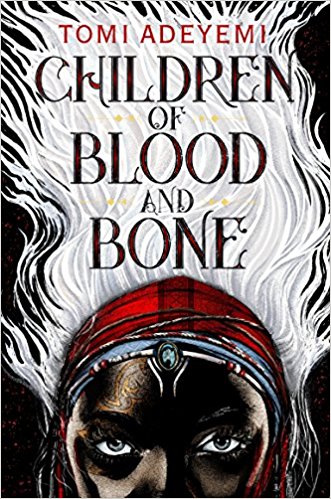



Connect with the Sirens community
Sign up for the Sirens newsletter